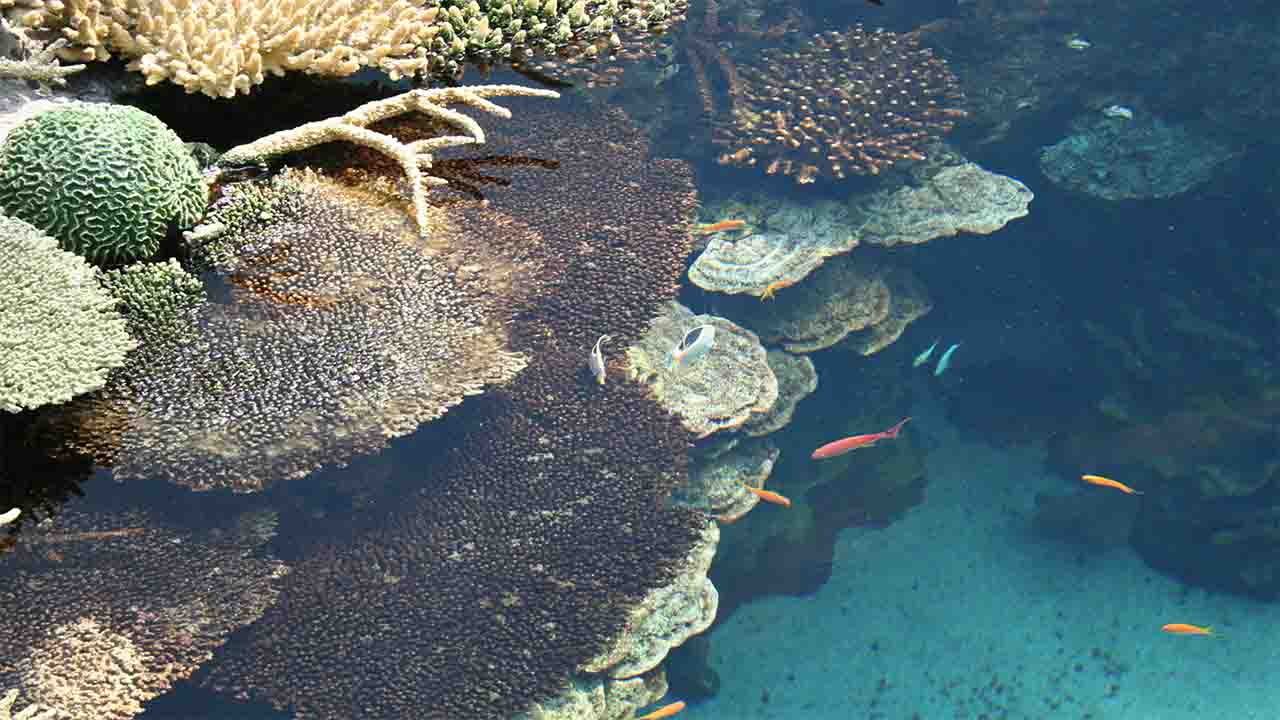According to new research, changes in the chemistry of Caribbean Sea sponges suggest a breach of the 1.5C increase in the long-term global average temperature has happened sooner than expected.
The potentially critical threshold could be reached by the late 2020s, according to the projections based on 300 years of ocean records and recently published in Nature Climate Change. In 2015, The Paris Agreement set a goal of limiting global warming to 2C, and ideally 1.5C, from pre-industrial levels. This long-term measure is distinct from annual fluctuations that may be larger than 1.5C in any single year. The paper focuses on the sclerosponge, whose long lifespan means it can be used to monitor historical sea temperatures.
Temperature changes leave measurable chemical imprints in the sponge’s calcium carbonate skeleton. Scientists not involved in the paper asked if the world temperature trends could be extrapolated from data from a single species and region. Malcolm McCulloch, a co-author of the paper who specializes in coral reefs at the University of Western Australia, said the projections included margins of error but suggested that climate change was happening faster than expected. The big picture is that the global warming clock for emission reductions to lessen the risk of dangerous climate change has been brought forward by at least a decade, says McCulloch. So, this is a huge change regarding the thinking about global warming.
The sponge data showed that warming of its ocean environment related to human activity began as early as the 1860s, or about 80 years earlier than suggested by instrument measurements at the seasurface,the paper asserts.This result, together with rising land temperatures, suggested the global temperature rise had already reached 1.7C above pre-industrial levels by 2020, the paper said. This would show that the “guardrail” of limiting global warming to 1.5C in the 2015 Paris accord had already been passed many years before, McCulloch argued.
The sponge study showed the 2C level of warming would be passed later this time unless there were massive reductions in emissions, he added. The Intergovernmental Panel on Climate Change, the UN scientific body, has estimated that in 2011-20 global surface temperatures were at least 1.1C higher than during its reference period of 1850-1900. It concluded in a 2021 report, signed off by scientists from almost 200 nations, that by 2040 the 1.5C level could be reached, depending on emission levels. Greenhouse gas emissions would need to drop by almost half by 2030 for the increase to be limited to 1.5C, the IPCC said. Instead, they have continued to rise.
Scientists said the sponge experiment was reasonable in itself, but many thought that it was not enough to justify such wide-ranging conclusions about global warming trends. The research illustrates how temperatures in the Caribbean started to increase over the industrial period, says Gabi Hegerl, professor of climate system science at the University of Edinburgh. But the planet-wide interpretationoverstretches it.
A single location cannot substitute global data, as the climate varies across the globe, which is why the only way to measure global temperature is to get data from across the globe, says Hegerl. The paper’s findings could add unnecessary confusion to the public debate on climate change, says Yadvinder Malhi, professor of ecosystem science at the University of Oxford. Joeri Rogelj, research director at the Grantham Institute, said that while the new research lets us peekcenturies in the past and imagine how warm it was in the Caribbean when Napoleon was conquering Europe, the suggestion that the research directly changes how we look at the goals of the UN Paris Agreement is quite a stretch. Relabeling the warming that has happened until now by using a different starting point will not change the impacts we are seeing today, or the impacts which we are targeting to avoid.








